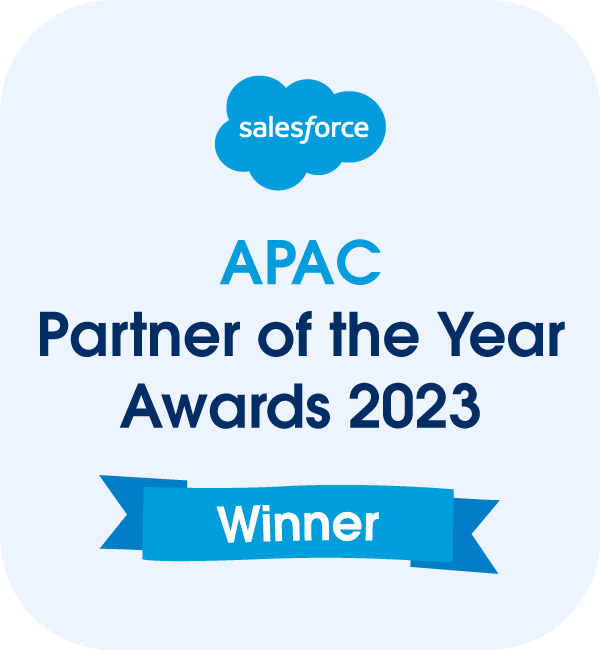Introduction:
In the dynamic realm of project management and software development, methodologies play a pivotal role in ensuring streamlined processes and successful outcomes. One such methodology that has gained prominence, especially in the Salesforce ecosystem, is the Waterfall Methodology. In this article, we will delve into the intricacies of the Waterfall Methodology in Salesforce, exploring its principles, benefits, and potential challenges.
What is Waterfall Methodology in Salesforce?
The Waterfall Methodology in Salesforce refers to a traditional project management approach characterized by a linear and sequential process flow. This methodology emphasizes a structured progression through distinct phases, with each phase building upon the completion of the previous one. In the context of Salesforce, the Waterfall Methodology provides a systematic framework for developing and implementing solutions tailored to the unique needs of organizations.
Key Phases of Waterfall Methodology in Salesforce:
Requirements Gathering:
The initial phase involves comprehensive requirements gathering. This step is critical for understanding the client’s needs and defining the scope of the Salesforce project. Clear documentation is crucial to ensure that all stakeholders are on the same page.
System Design:
Once requirements are established, the Waterfall Methodology moves into the system design phase. This step involves creating a detailed blueprint of the Salesforce solution, mapping out functionalities, and designing the user interface.
Implementation:
In the implementation phase, developers bring the design to life by coding and configuring the Salesforce solution. This stage requires a meticulous approach to ensure that the system aligns with the outlined specifications.
Testing:
Rigorous testing is conducted to validate the functionality and performance of the Salesforce solution. This phase helps identify and address any issues before moving on to deployment.
Deployment:
With successful testing, the Salesforce solution is deployed to the production environment. This phase marks the transition from development to live implementation.
Maintenance and Support:
Post-deployment, ongoing maintenance and support are essential to address any issues, implement updates, and ensure the Salesforce solution continues to meet the evolving needs of the organization.
Benefits of Waterfall Methodology in Salesforce:
Clear Project Roadmap:
The sequential nature of the Waterfall Methodology provides a clear roadmap for project progression, making it easier to track milestones and manage expectations.
Thorough Documentation:
Each phase requires comprehensive documentation, ensuring that project details, requirements, and design specifications are well-documented for future reference.
Stakeholder Collaboration:
Stakeholders are involved at key stages, fostering collaboration and ensuring their input is incorporated throughout the development process.
Challenges of Waterfall Methodology in Salesforce:
Limited Flexibility:
The linear nature of the Waterfall Methodology can be restrictive, making it challenging to accommodate changes once the project is underway.
Extended Delivery Time:
The sequential nature may lead to longer delivery times, especially if unforeseen issues arise during testing or implementation.
Conclusion:
In conclusion, the Waterfall Methodology in Salesforce offers a structured approach to project management, allowing organizations to develop robust solutions tailored to their specific needs. By understanding the key phases and principles of this methodology, Salesforce professionals can make informed decisions to ensure the success of their projects. Embracing the Waterfall Methodology in Salesforce requires a balance between its benefits and potential challenges, ultimately contributing to the delivery of high-quality solutions that meet or exceed client expectations.



